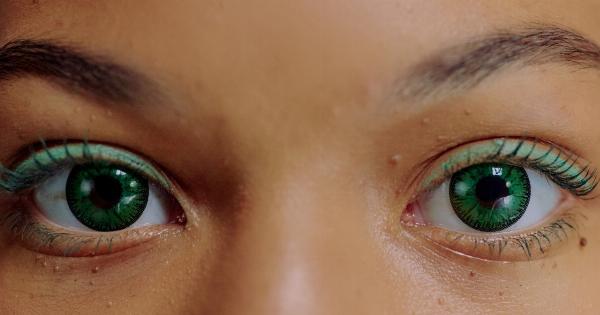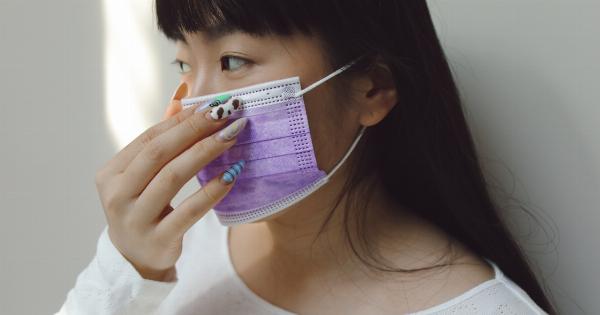Contact lenses are a popular vision correction option for many people. They offer a comfortable, unobtrusive alternative to glasses. However, if not properly cared for, contact lenses can be a potential source of infection.
Unhygienic lens wear or storage can lead to a range of eye infections, including corneal ulcers, conjunctivitis, and even vision loss. Here are five techniques to help contact lens wearers reduce the risk of infection.
1. Wash Your Hands
Before touching your contact lenses, always wash your hands with soap and water and dry them with a clean towel. This helps to remove any dirt, bacteria, or other particles that could be transferred to your lenses.
It is important to avoid using moisturizing soaps or oily hand lotions, which can leave residue on your fingers and transfer to your lenses. Additionally, make sure you dry your hands thoroughly before handling your lenses, as water droplets can also transfer bacteria to your lenses.
2. Store Your Lenses Properly
When not in use, contact lenses should be stored in a clean, dry case. The case should be replaced frequently, ideally every three months. To prevent cross-contamination, make sure to use a new case every time you start a new bottle of lens solution.
It is also important to clean your case regularly, ideally every day, and let it air-dry before using it again. Do not store your lenses in water or saline solution, as this can increase the risk of infection.
3. Follow Contact Lens Solution Instructions
It is important to follow the instructions provided with your contact lens solution. Different solutions have different instructions for usage, depending on the type of contact lens you wear and your individual needs.
Never mix different solutions or use expired solution. Discard any remaining solution in the case after each use and rinse the case with fresh solution before storing your lenses.
4. Replace Your Lenses Regularly
Disposable contact lenses should be replaced according to the schedule recommended by your eye doctor. Overwearing or reusing lenses can increase the risk of infection.
Even if you wear extended wear lenses, they should still be replaced on a regular schedule. Do not attempt to extend the life of your lenses beyond the recommended replacement period.
5. Avoid Contact with Water
Water can harbor bacteria and other microorganisms that can cause infection. Contact lens wearers should avoid swimming, showering, or bathing while wearing their lenses as water can get trapped behind the lenses and lead to infection.
Additionally, do not rinse your lenses with water, as this can also increase the risk of infection.
With proper care and caution, contact lenses can help provide clear vision without the risk of infection.
Contact lens wearers should be diligent in their lens care routine, follow their doctor’s recommendations, and seek medical attention if they experience any eye discomfort or signs of infection.





























